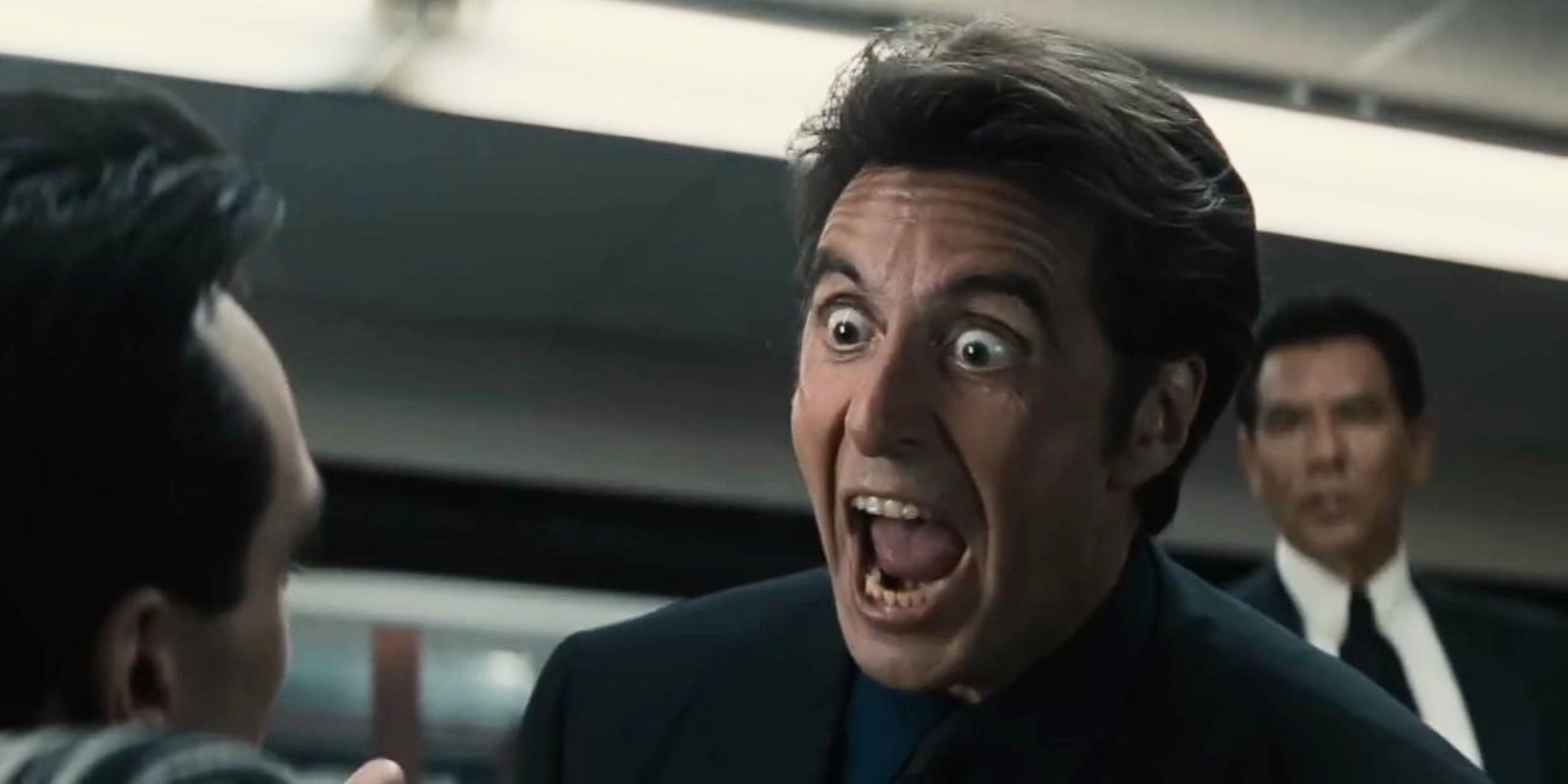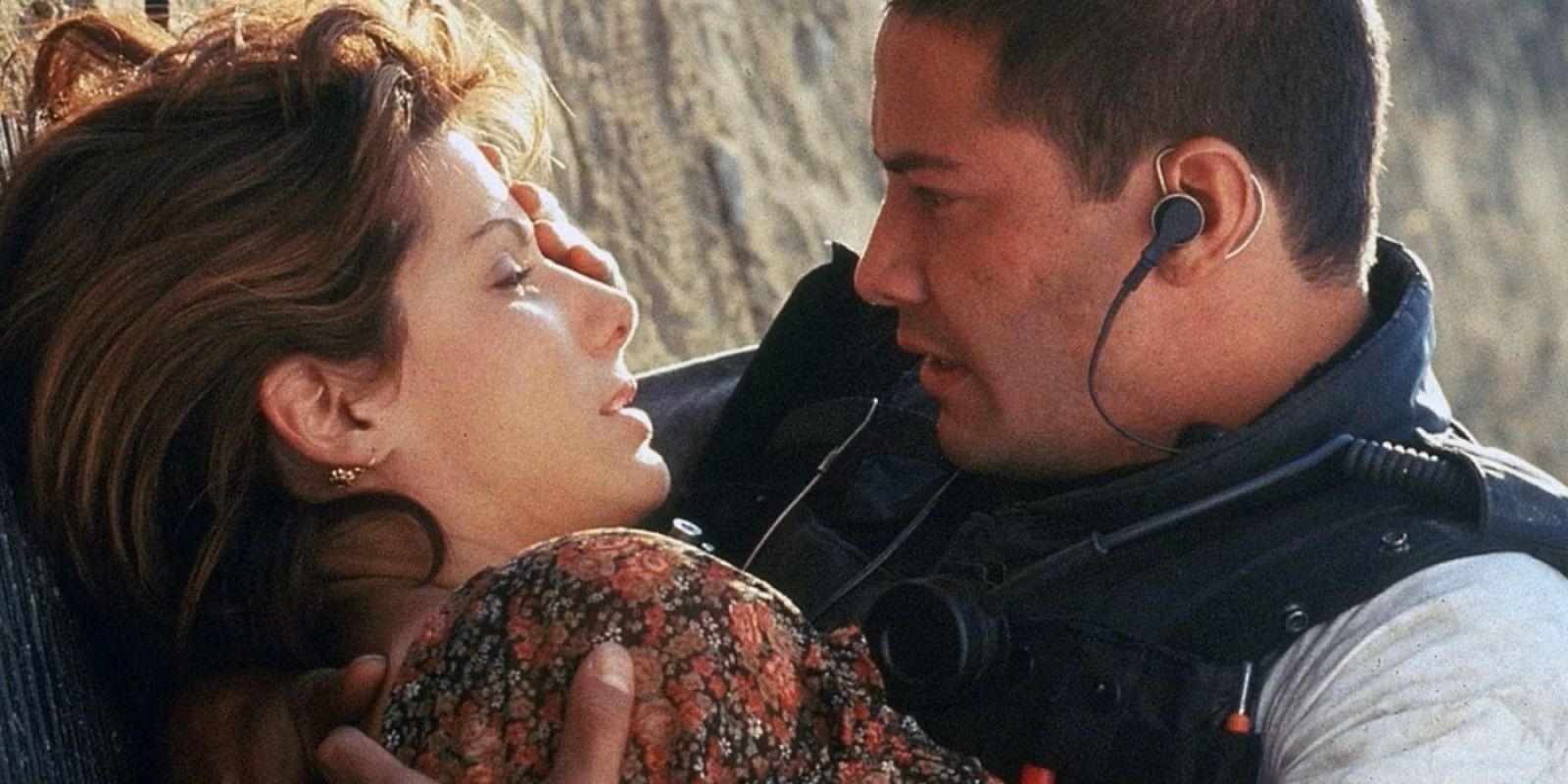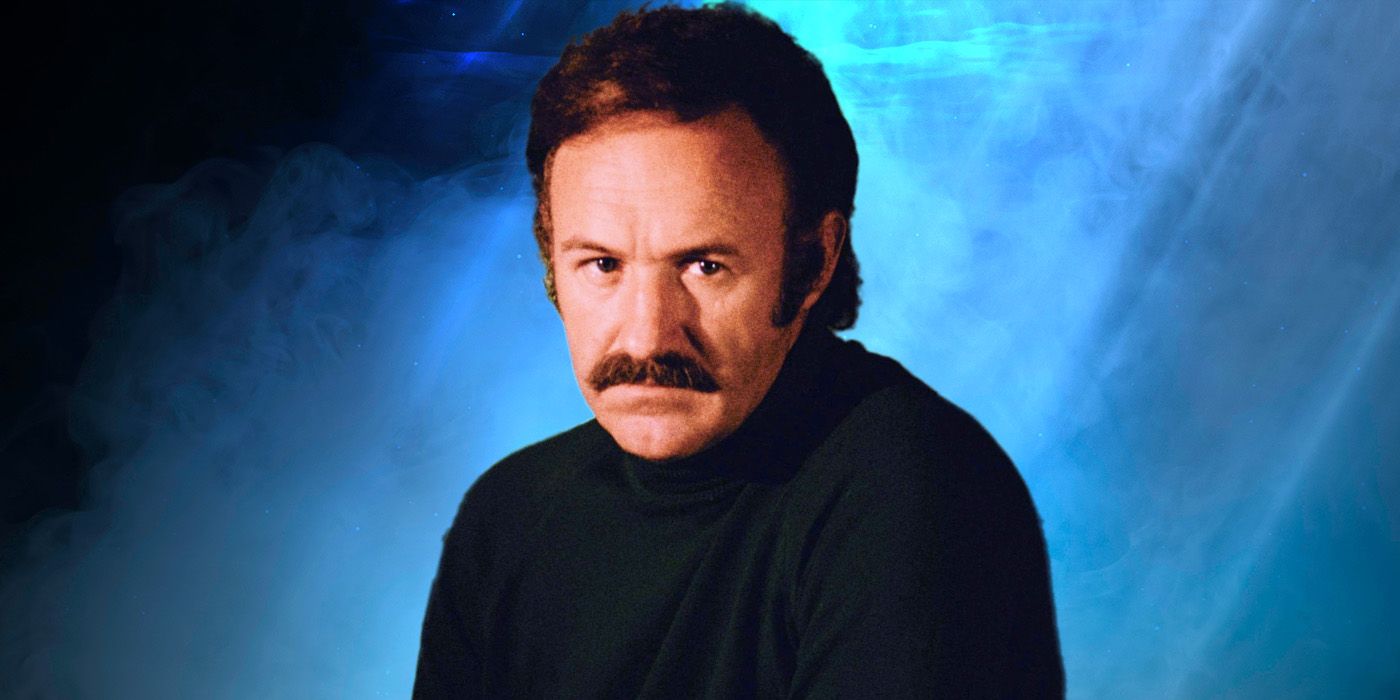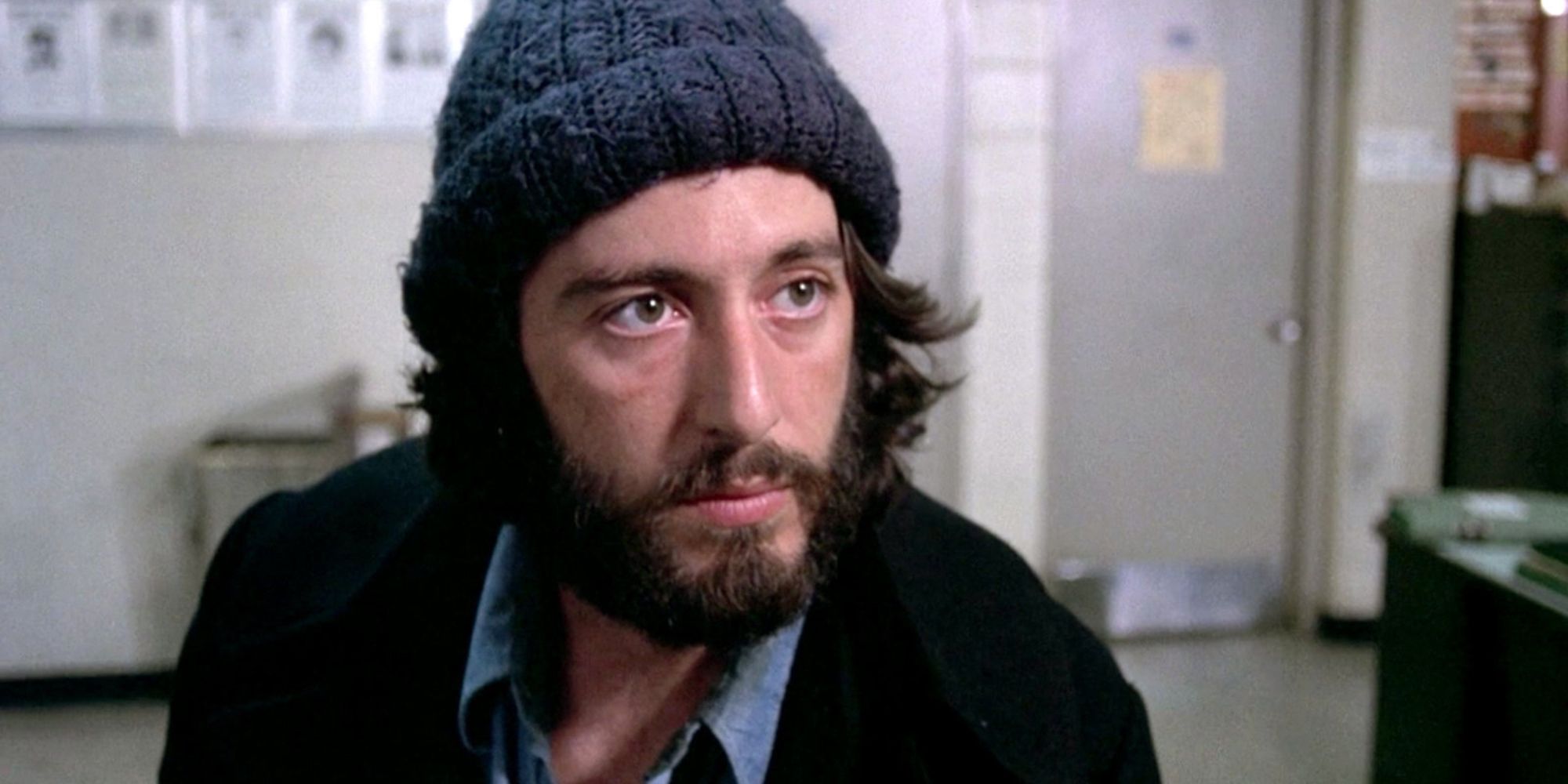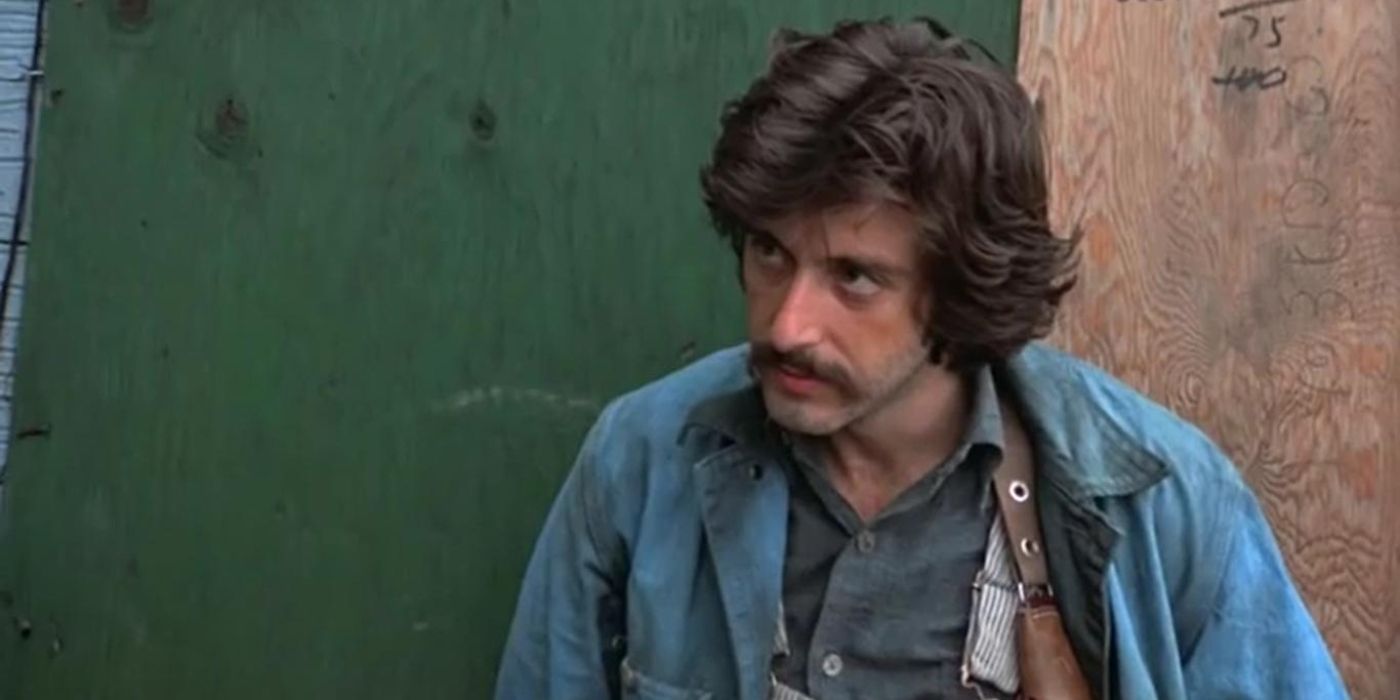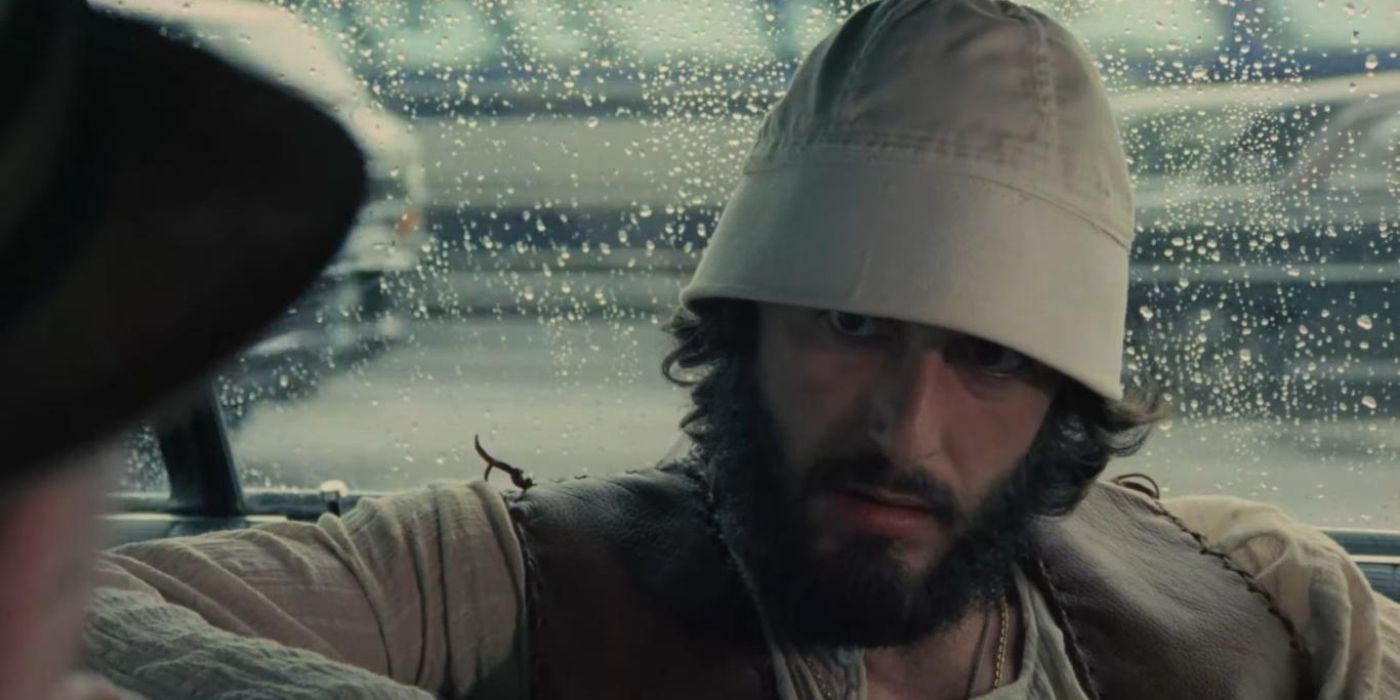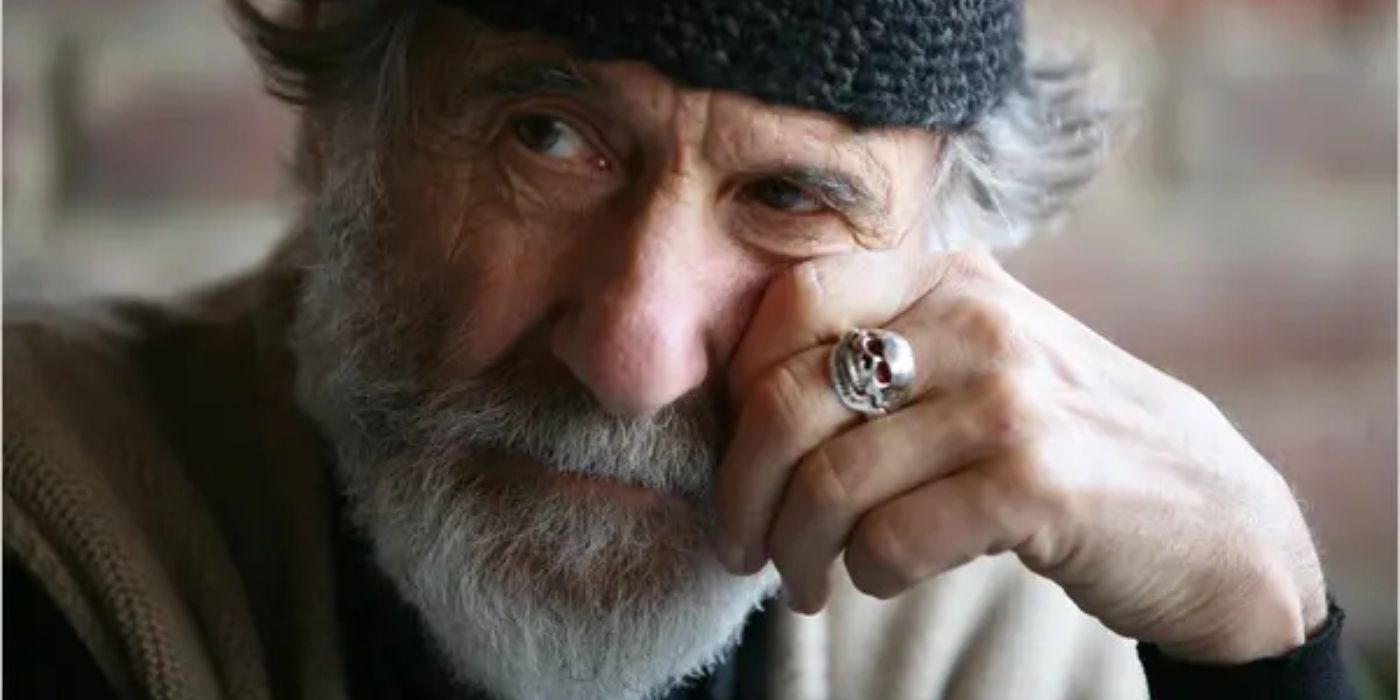The Big Picture
- Al Pacino's role in the movie Serpico was a risk, as he had just achieved success in The Godfather, but his performance as the morally upright cop was spot-on.
- Frank Serpico's story of exposing police corruption in the 1970s is accurately portrayed in the film, showcasing his refusal to participate in illegal activities and his alienation from fellow officers.
- The alleged assassination attempt on Serpico's life during a drug bust is still a point of controversy, with conflicting accounts from Serpico and his former colleagues, highlighting the ongoing divide between him and the police force.
Between the years 1972 and 1975, Al Pacino went on a run that could very easily be considered the best four-year run of any film actor's career with just as many outstanding roles in unforgettable movies. It started with The Godfather and ended with Dog Day Afternoon. Nestled in between the two great Godfather films in 1973 is another terrific performance in Serpico. It is the true story of Frank Serpico, a New York City cop who goes undercover and ends up exposing widespread police corruption going on throughout the city. It's a bit of an outlier within the four projects in that it's the only one that is a true story where he plays a morally squared-away good guy and not in the role of either a criminal or the don of a mafia family. It was a bit of a risk for Pacino who had obviously just smacked a grand slam with his performance as Michael Corleone and with a reprisal of the role slated for just two years later. People weren't sure if they would buy Pacino as a cop instead of a robber. Any doubt was squelched very early in the movie as his rendition of the real-life cop who stood up to the scandal in his department was spot on, and it turns out that most of it was adapted from Peter Maas's 1973 book very accurately. From the dirty looks in the precinct hallways to a plan to have him killed, Serpico stays true to the story told in the book.
What is 'Serpico' About?
From 1960 to 1971, Frank Serpico's career in law enforcement started after he graduated from the police academy and went to work as a beat cop for the New York City Police Department in Brooklyn, the Bronx, and Manhattan. Within just a short time, he was moved into the role of a plainclothes detective where he also did undercover work. During his first several years within the department, Serpico was exposed to widespread corruption, including bribes and extortion. His refusal to take part in any of the illegal activity rubbed many of his fellow officers the wrong way. On top of them seeing Serpico as a threat because he wouldn't take part in the misdeeds, Serpico had a very odd and aloof demeanor that alienated him even further from his police colleagues. Within a very short time, he was at odds with many of New York's finest, which ultimately led to an attempt on his life. His story is told very accurately, according to Serpico himself who has been interviewed for a documentary and by numerous media outlets since.
What 'Serpico' Got Right
In an interview with Vanity Fair, Frank Serpico commented on the events of his life as they are told in the movie in a documentary entitled, Frank Serpico directed by Antonio D'Ambrosio. To acclaimed director Sidney Lumet's credit, the screenplay that was co-written by Waldo Salt (Midnight Cowboy, Coming Home) is very accurate from how the Brooklyn, New York native became a cop, the corruption, kickbacks, and racism he encountered, and the incident in which he very nearly was killed as a whistleblower in the film. His moral compass was formed when Frank was just a boy and a man left his father's shop without paying for a shoe shine. He knew then he had an intrinsic sense of what was right and what was wrong, and respect for the law. But true to the film, he refused to wear a wire and doesn't see himself as a rat. He maintains he had no interest in busting cops, but in exposing the higher-ups who were looking away from it all.
He matured into a bearded, shaggy-haired hippie idealist who eventually moved into a Greenwich Village apartment, where friends and neighbors called him "Paco" as he is referred to in the movie. From his very first day on the job, Serpico made it clear that he wasn't going to be "one of the boys" and take part in all the corruption and rampant racism (including the scene where a Black man's head is violently stuck in a toilet) that was going on. In the '60s, the NYPD was still an Irish-American-dominated "good old boys network" and as an Italian, he was an outsider from the get-go. And the top brass within the department were either in on it or refused to do anything about it. In a recent podcast, Serpico, who is now in his mid-80s spoke openly about his tumultuous time on the force and the events leading up to what actually went down on the night he was shot in the face and left for dead. He was in critical condition with injuries that still plague him today. He also speaks about the dramatic scene where he gets shaken down by the head of the Brooklyn South narcotics division for "pulling his shit" calling out illegal kickbacks in his previous station. Pacino played the part with the right amount of urgency, fear, frustration, and pariah treatment by his fellow cops trying to get people to investigate his claims.
The Alleged Assassination Attempt
It was February 3, 1971, and Serpico was leading a drug bust in the Williamsburg area of Brooklyn. One thing that has always been highly suspicious regarding the shooting during a harried raid is that there was never a 10-13 code called in after Serpico was shot in the face (a 10-13 is the radio code for an officer in need of assistance). His partners just fled the scene like in the film. In the documentary, there is an uncomfortable reunion between Serpico and one of the two other officers who were on the scene that night named Arthur Cesare. It's uncomfortable because even now. Cesare claims that he didn't think the fact that the call was never made wasn't unusual for the time. As if there was still a very distinct line between Serpico and any cop not named Serpico. It's a strange moment as two old men sit in a cigar shop and recall the events of the near-fatal encounter differently. Does the thin blue line continue all the way to the grave? The opening scene of the film details the dire nature of Serpico's condition as he is finally rushed to the hospital. Today, he still has fragments of the bullet lodged in his brain and hearing loss from a severed auditory nerve. It was nearly the coup de gras of Serpico banging his head against the wall for an entire decade trying to do what was right and being met with resistance at every turn.
What Happened to Frank Serpico After the Movie 'Serpico'?
After blowing the whistle and in what would be the opening salvo in exposing the enormous amount of corruption within the New York Police Department in 1971, he continued on as a cop until 1972. After the movie debuted and Pacino nailed the performance, the real Frank Serpico went off the grid. He initially moved halfway around the world to Switzerland to convalesce and then to the Netherlands. Today, he lives in upstate New York in a small log cabin that he built himself. There are Buddhist statues outside (another aspect of his religion that is mentioned in the film). As with all whistleblowers, many who took part in the crime within the department still see him as a rat and an outsider, and he had to move away from the attention he got after the movie came out. A lot of the corruption that the movie exposed accurately has been taken to the grave by the corrupt. In February 2022, Frank Serpico was finally awarded the Medal of Honor by New York City Mayor Eric Adams who claims Serpico was one of his inspirations for going into politics. He was 85 years old - fifty years removed from tipping the first domino in the war on bad cops.


